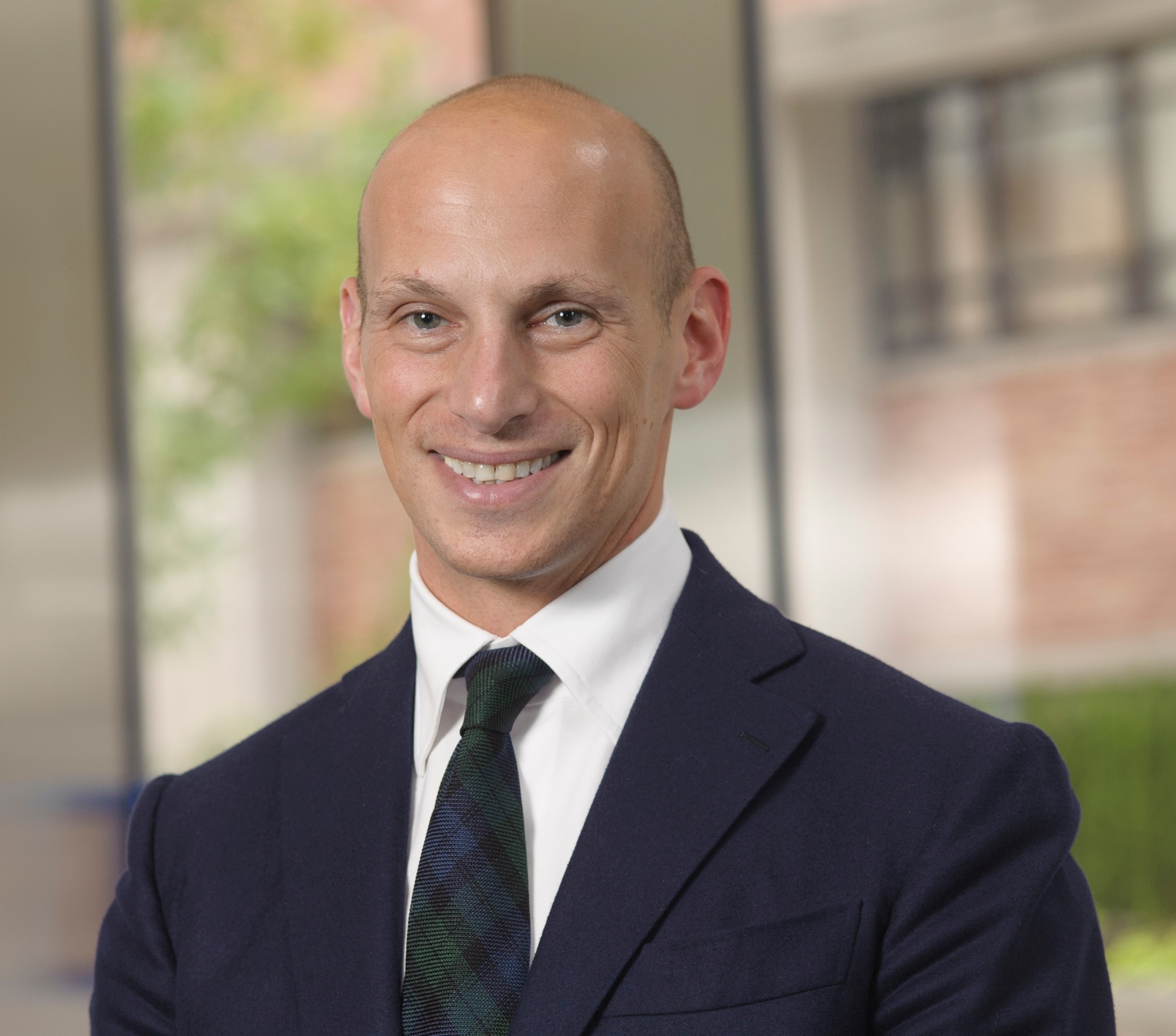
Dr. Joseph Dayan. Photo by Ethan Kavet.
There’s currently no cure for lymphedema, the uncomfortable swelling that can occur in limbs after the removal or radiation of lymph nodes. But there are symptom-alleviating treatments, many of which are described in an article in Cure.
The article quotes MSK’s Dr. Joseph Dayan, who has performed microsurgery to manage lymphedema for a decade, including lymph node transplant. Dr. Dayan pioneered a technique called reverse lymphatic mapping, through which physicians identify lymph nodes that can be safely removed and transplanted to the affected arm or leg. Patients take three to four weeks to recover from lymph node transplant, and most who undergo it experience improved limb drainage.
Learn more about lymphedema prevention, screening, and treatment at MSK.
